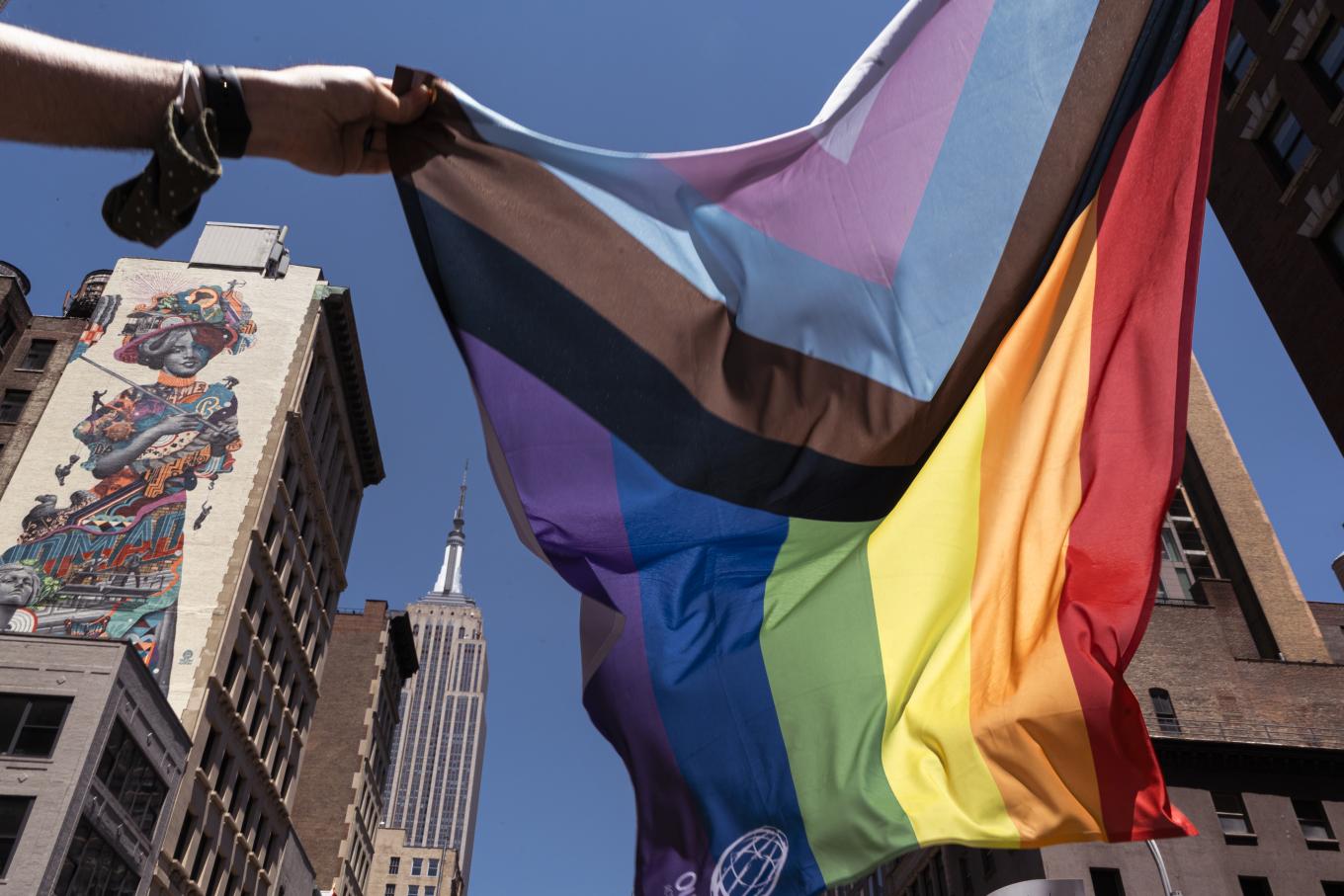
Country Overview
Barbados
At a glance
View more for this country:
In December 2022, Barbados decriminalized consensual same-sex conduct when the High Court of Barbados repealed the country’s buggery and gross indecency laws. Sections 9 and 12 of the Sexual Offences Act were found to be unconstitutional. Barbados also passed the Employment (Prevention of Discrimination) Act, 2020, which prohibits discrimination in employment on the basis of sexual orientation, increasing protections for LGBTIQ people beyond decriminalization. However, Barbados still lacks comprehensive anti-discrimination protections for LGBTIQ people in circumstances outside employment, and same-sex unions are not legally recognized.
The Christian Church plays a strong cultural role in Barbados, influencing norms around gender and sexuality. Religious leaders perpetuate the misconception that same-sex relations are “unhealthy” and profess that LGBTIQ identities are a sinful choice and a threat to society. As a result, LGBTIQ people are subject to violent attacks, discrimination, harassment, and social stigmatization.
Despite this, public support for LGBTIQ people has increased. A Caribbean Development Research Services report found in 2017 that 82 percent of Barbadians condemned discrimination based on sexual orientation.
Transgender people are particularly vulnerable and face significant challenges because there is no mechanism for legal gender recognition in the country. Only legal name changes are permitted. While some progress is being made on inclusive anti-discrimination protections, transgender people are still excluded from those protections.
A 2021 UNDP Report notes that intersex people are not explicitly acknowledged by the State of Barbados. Intersex people are largely made invisible by a lack of information and awareness. Narrow social concepts of gender identity and gender expression result in exclusion and discrimination. No medical protocols or legal protections exist to protect the bodily autonomy of intersex people, and non-consensual medical interventions on intersex children are not prohibited, leaving them vulnerable to violence.
*Outright research indicates that the bodily autonomy of intersex people is not respected and protected in this country.
Global Impact
Sub-Saharan Africa
Outright supports LGBTIQ organizations in Sub-Saharan Africa and works with mainstream human rights organizations to respect human rights and influence positive changes in laws, policies, attitudes and beliefs that cause discrimination against LGBTIQ people.
United Nations
Our work at the United Nations centers around advocating for the advancement of the rights of LGBTIQ people.
View this regionAsia
Our work in Asia promotes acceptance of sexual and gender diversity at all levels of society.
View this regionSouthwest Asia and North Africa
In the Southwest Asia and North Africa, we partner with local groups in various countries as part of our international solidarity work. We also work with our local partners on different topics through capacity building, advocacy, research and holistic security.
Europe and Central Asia
Outright International partners with activists to fight for an end to human rights violations based on sexual orientation, gender identity and gender expression in Europe and Central Asia, where most of our work involves emergency responses to harassment, discrimination, violence, and most recently, Russia’s brutal and expanded invasion of Ukraine.
Americas
Our work in the Americas continues to build on the fundamental and positive transformation of human rights protections in recent years. We partner with groups in the Caribbean that focus on ending gender-based violence and eradicating discrimination against trans people.
Pacific
Our work in the Pacific aims to increase the visibility of activists, respond to human rights emergencies, and actively bridge local, regional, and international activism to achieve equality and justice.
Global
View this region
Human Rights Research
Since 1990, we have partnered with activists from all over the world to produce hundreds of groundbreaking reports.
Read Our Reports